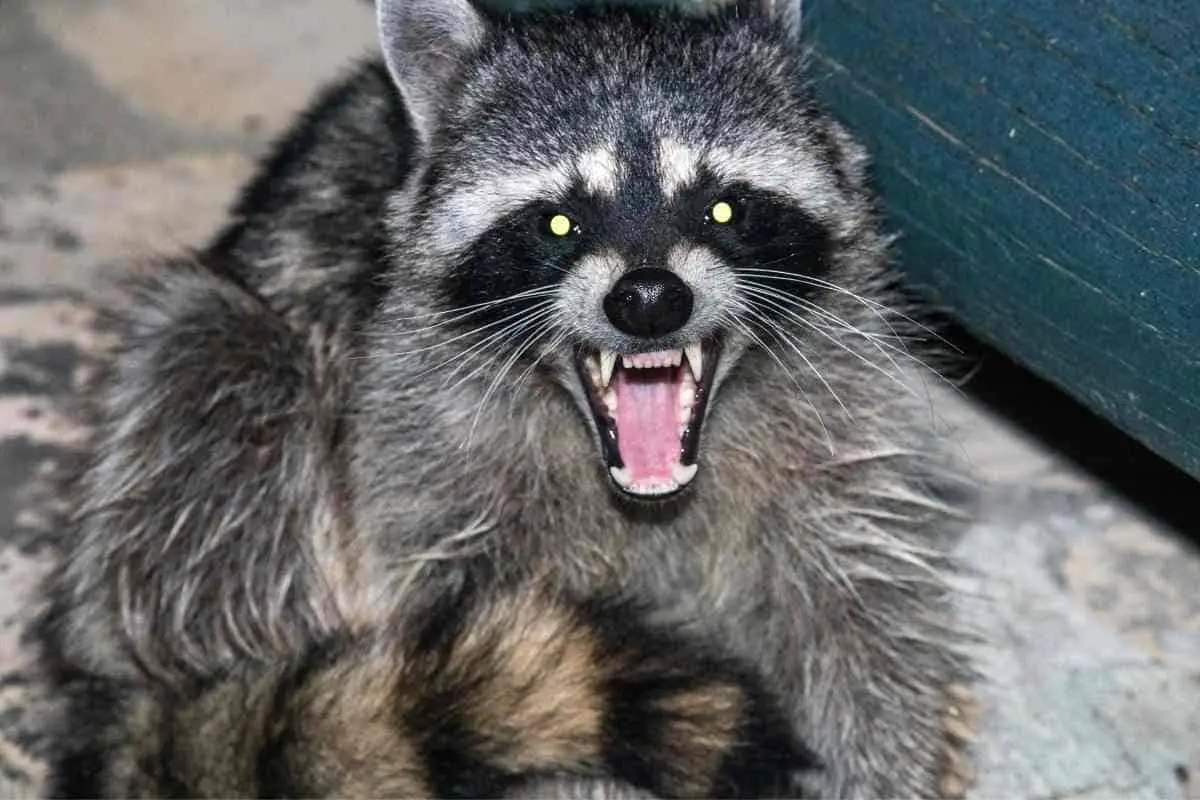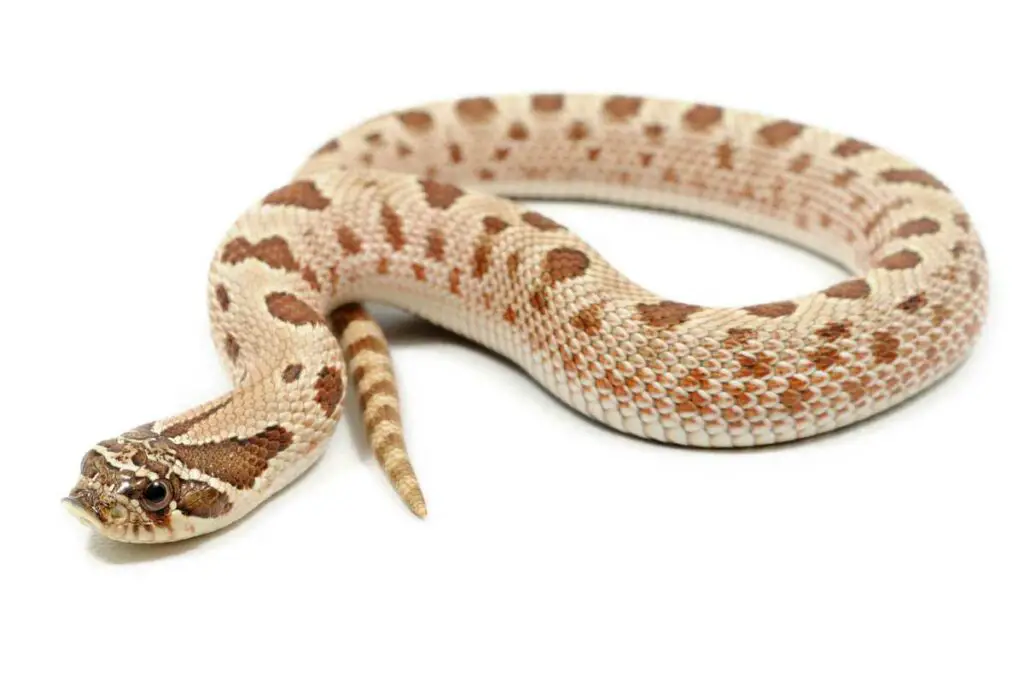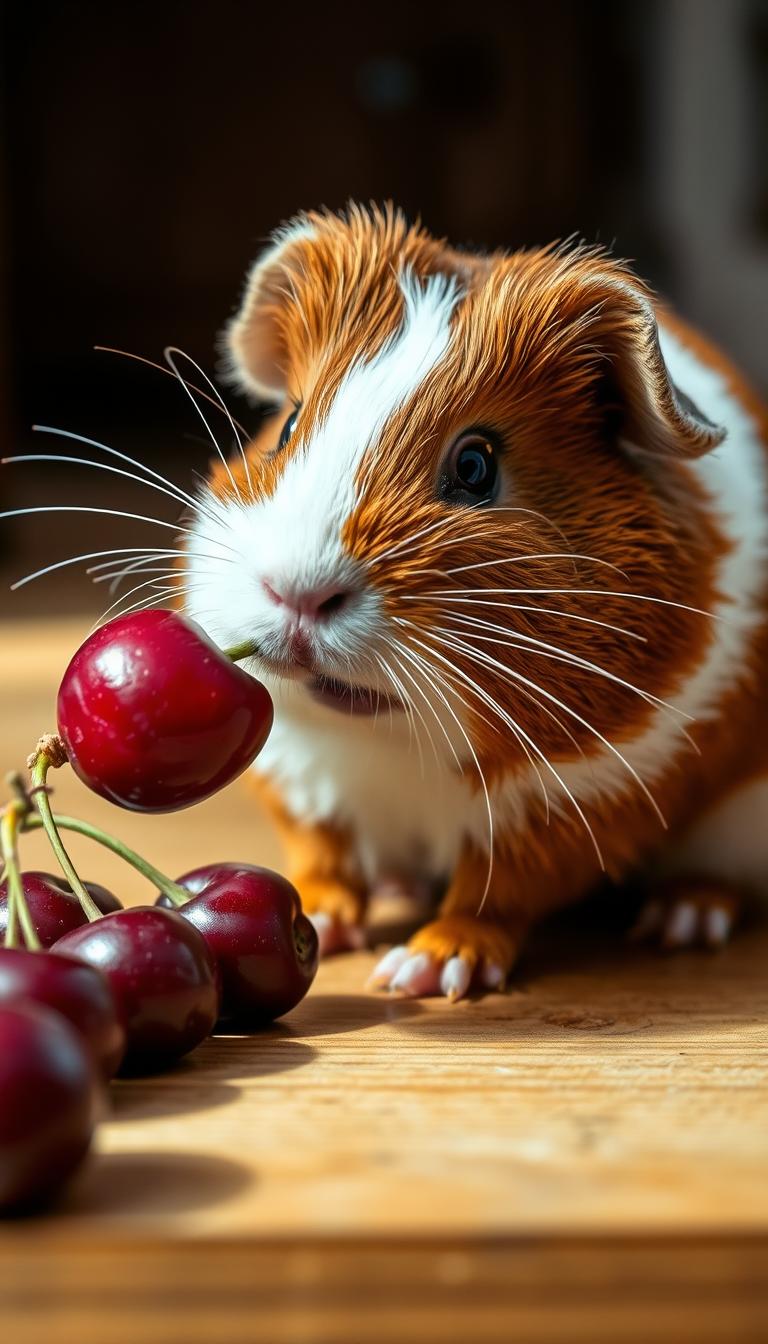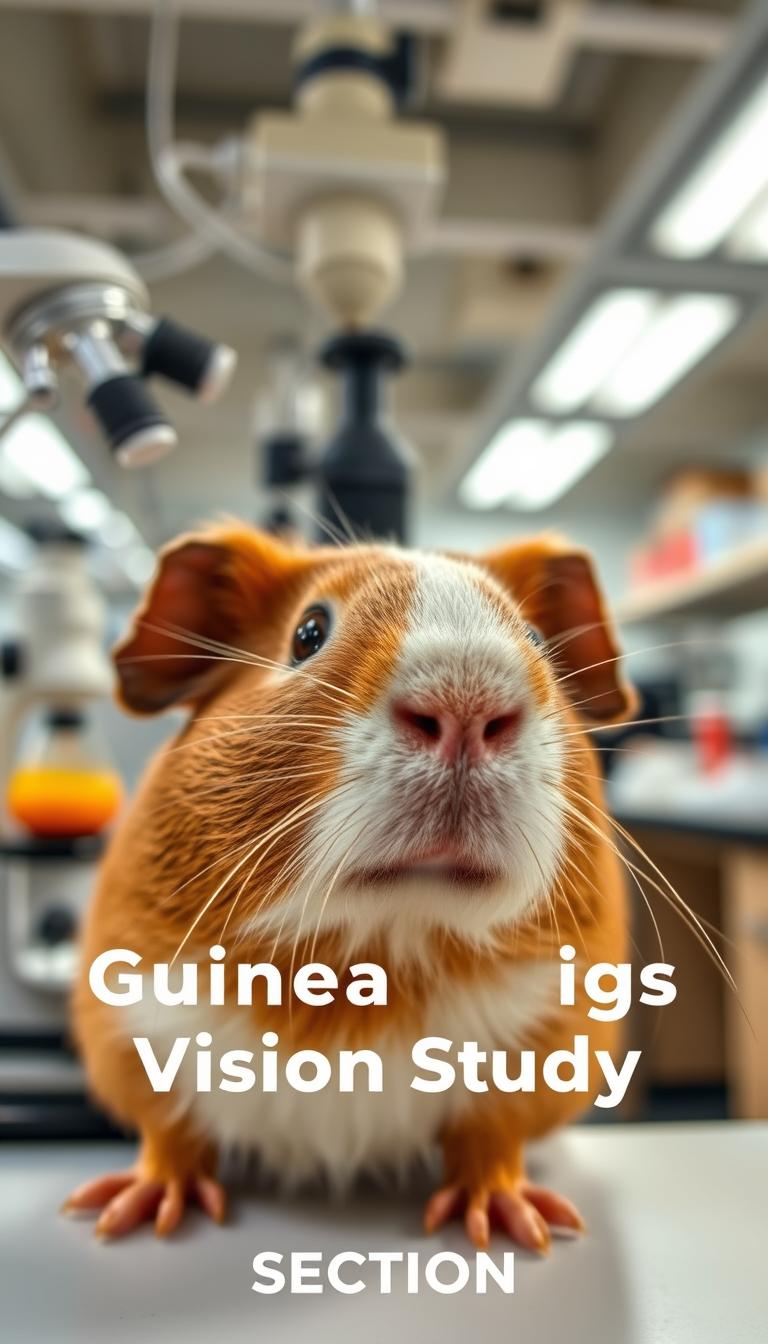Raccoons may look cute and cuddly, but they are a nuisance!
These animals can wreak havoc on your property, and they also carry diseases. Fortunately, there are plenty of things you can do to scare raccoons away naturally.
In This Article: We’ll review tips and tricks for keeping raccoons away from your home and out of your yard.
Table of Contents
Are Raccoons A Threat?
Besides damaging property and being an overall nuisance, raccoons can pose a threat to your health as well as your pets.
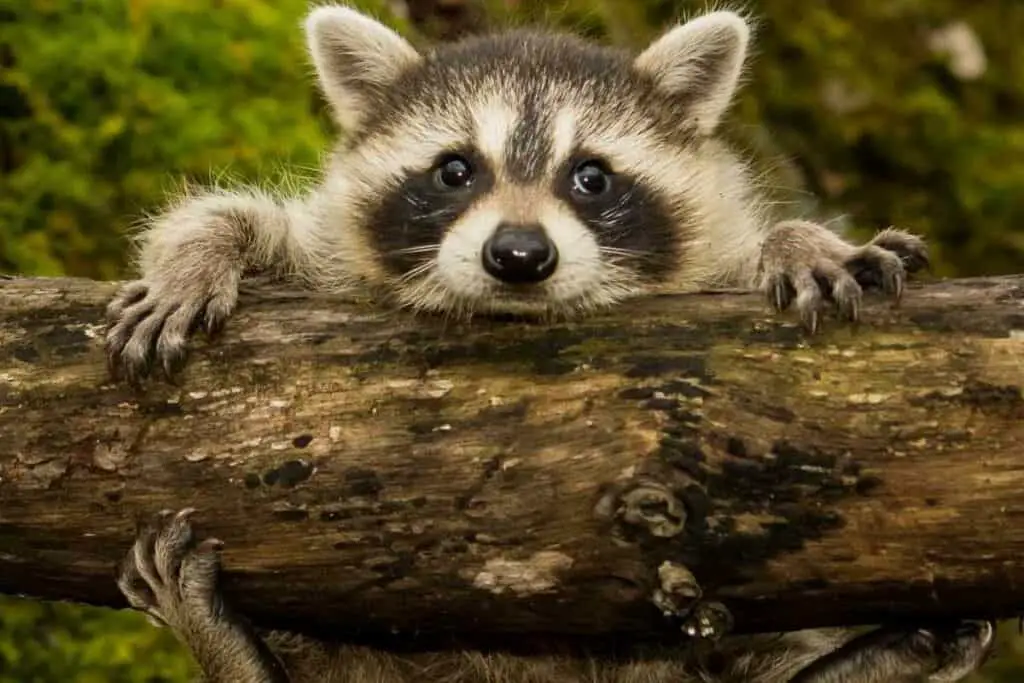
Raccoons can carry diseases like rabies and roundworm. Raccoons have also been known to attack pets like cats and small dogs.
They may also bite or scratch humans if they feel threatened.
Why Are There Raccoons On My Property?
Raccoons are commonly found in both rural and urban settings.
Unlike many other wild animals, raccoons are usually not timid around humans. They have adjusted to living around people and are not easily spooked.
The presence of food is the main reason why raccoons may be attracted to your home and yard:
- Raccoons are not picky about what they eat.
- They often take advantage of vegetable gardens as well as food scraps in the trash.
Your home may also be providing adequate shelter for raccoons.
Warm, dry areas are ideal for raccoons, and they commonly seek shelter in garages, attics, or sheds.
How Do I Keep Raccoons Out Of My House?
It’s best to prevent raccoons from settling in your area, rather than trying to get rid of them later.
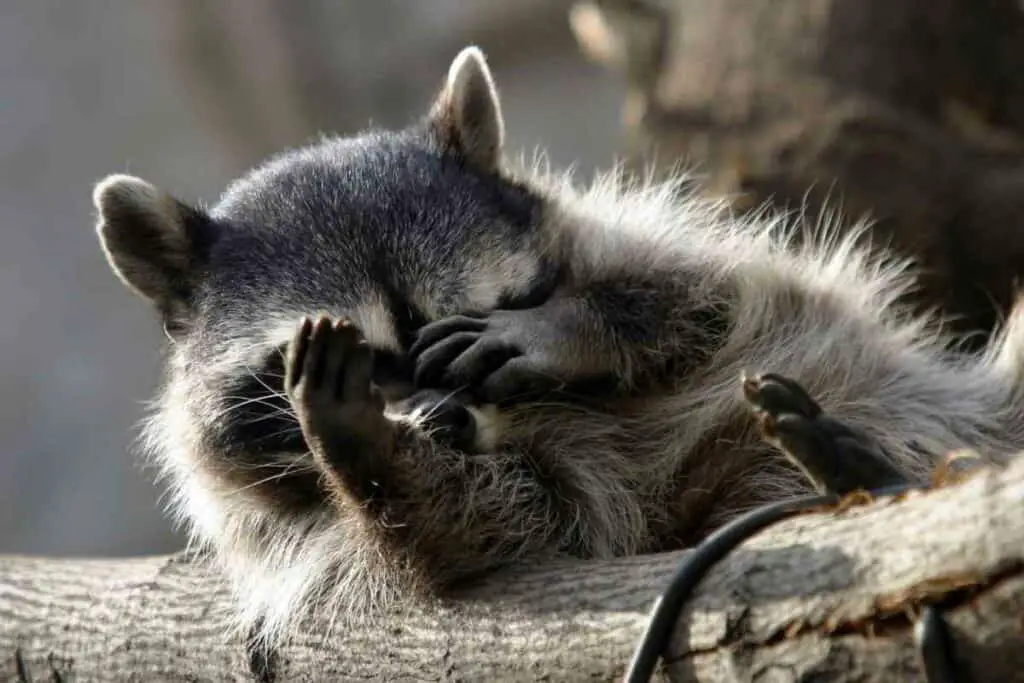
There are multiple steps you can take to reduce the likelihood of raccoons residing in your house:
- Check your home for any access points that raccoons may be using to get inside.
- Inspect the roof and the siding of your house for any holes and seal them up.
- Use mesh screens to create a barrier to necessary openings in the home. This includes chimney openings and vents.
How Do I Deter Raccoons From My Yard?
Wire mesh can be used to cover vegetable gardens.
If you have a pond with fish, consider covering this with a barrier so the raccoons don’t feast on them.
Since the presence of food will attract raccoons, you’ll need to make sure your garbage is sealed and inaccessible:
- There are animal-resistant garbage cans that are designed to keep wildlife out.
- Clean your garbage cans regularly, since the smell of food can attract raccoons.
- You can also build a wooden enclosure to keep your garbage cans in, adding another layer of protection.
Bird food can also lure raccoons to your property. Either bring your bird feeders inside at night or purchase a guard that will keep raccoons out.
Always Good Idea: Remove any other food sources from your yard. If you have fruit trees or berry bushes, clean up any that have fallen to the ground.
How Can I Scare Away Raccoons?
If you have witnessed raccoons on your property or have seen signs that they are around, you’ll need to take action.
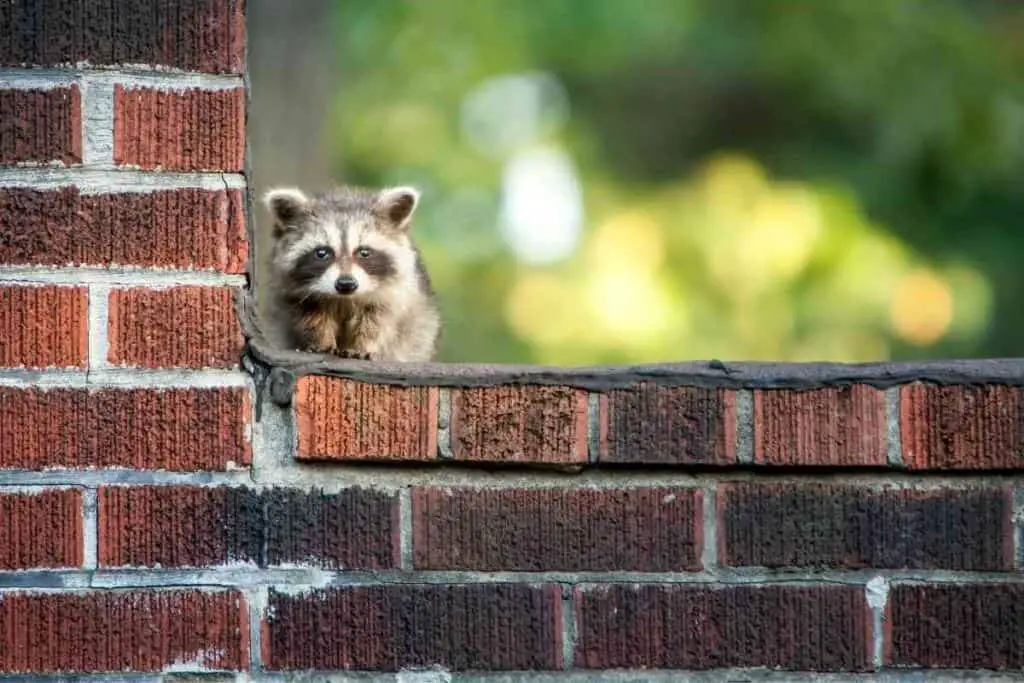
There are many humane ways to rid your property of raccoons:
- Use an outdoor light that is motion-activated. The sudden appearance of light will startle the raccoons which may be enough to scare them off.
- You may also consider a motion-activated sprinkler. While raccoons can swim and don’t avoid standing water, they will not appreciate the abrupt spray from a sprinkler.
- A garden hose can also be a useful tool. Spraying raccoons with water will likely result in them scampering away.
- Loud noises can also startle and scare away raccoons. This can be as simple as yelling, banging on a metal pot, or using a horn.
Do Spices Deter Raccoons?
Raccoons will avoid:
- cinnamon
- black pepper
- and hot pepper spices
You can sprinkle these around the perimeter of your home and garden.
You can make a natural raccoon repellent spray out of cayenne pepper and water.
Works Every Time: Mix these together in a spray bottle, then spray in areas where raccoons are likely to come.
Are Raccoons Afraid Of Dogs?
Depending on the size of your dog, it may be able to scare away raccoons.
A larger dog with a loud bark will be most effective at presenting a threat.
Since raccoons will sometimes attack pets, you should always have your dog on a leash if you take them outside to scare away raccoons.
Your pet’s fur can help deter raccoons too.
Next time you brush your cat or dog, collect the fur, and place it outside – the scent will alert raccoons that there are potential predators nearby.
How Do I Trap A Raccoon?
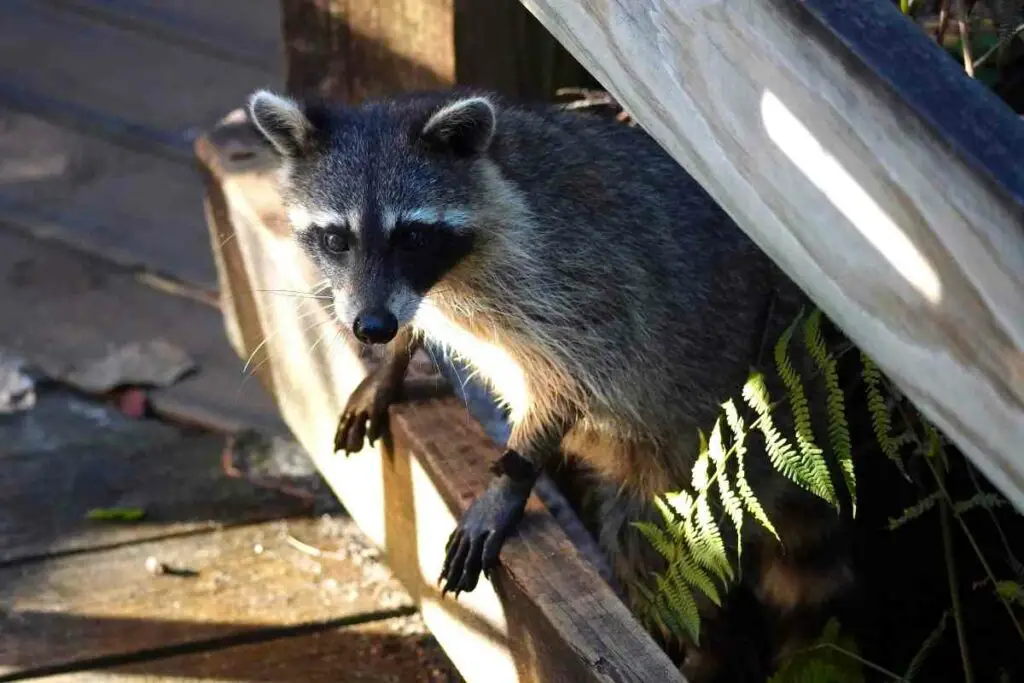
If all else fails, you might consider using a humane trap.
Here is the process:
- Be sure to familiarize yourself with your area’s regulations around trapping and relocating wildlife:
- Start by choosing a suitable bait food for the raccoons. Since raccoons like sweet food, fruit makes an ideal bait food.
- Use gloves to prevent your scent from transferring to the live trap. If the raccoon smells human scent, it will avoid the trap.
- Put your trap close to an area that the raccoons have accessed before, such as near the garbage cans.
- Don’t place the trap in the sun as this can cause the raccoon to overheat and possibly die.
- Ensure that you check your trap at least once a day to reduce the amount of time the animal is trapped. Checking the trap too often will deter the animal from approaching it.
- Once you successfully trap a raccoon, you’ll need to relocate it. It is recommended that you relocate a minimum of 5 to 10 miles away from your home to prevent them from returning.
Final Thoughts
Having raccoons in your home or on your property can create quite a bother.
Taking steps to get rid of raccoons will protect your property, pets, and family from harm and potential disease.

